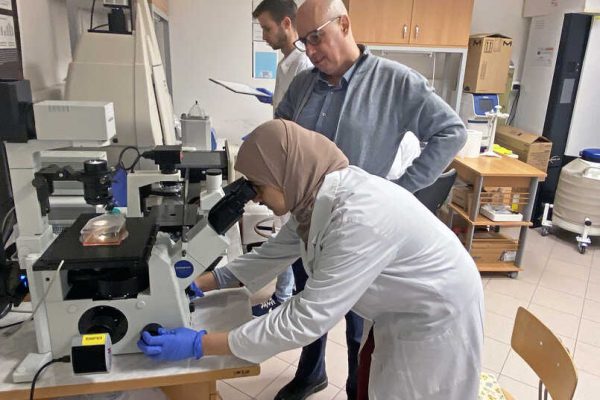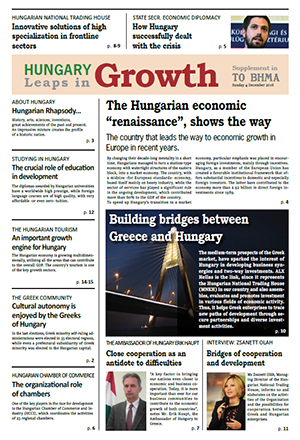Closed-system farms, lit with LED-lamps, can produce in all seasons and at any time of day to help achieve local self-sustenance, promoting exports at the same time, and thus have key potential in the post-COVID-19 world, states Zoltán Sejpes, director of the Tungsram Agritech business unit.
Closed-system farming offers a solution to the biggest challenges in the future of the global food supply. Soil contamination, the depletion of areas suitable for agricultural production, extreme weather conditions, the rising volume of food waste, urbanization, and the growing demand for quality food all point towards the increasing importance of local indoor farming and urban vertical farms, says Zoltán Sejpes.
Light is the alpha and the omega of indoor farming, Sejpes explains. The proliferation of LED technology has brought about a veritable revolution in so-called vertical farming, as it allows for energy-efficient light that mirrors the solar lighting conditions necessary for plant growth.
In addition, the technology ensures that less water and virtually no agricultural land is needed for crop production; there is no waste generation, while pests and contamination can be avoided due to the closed system.
An example in the Budapest agglomeration can be found at Veresegyház, where an indoor farming complex has been in operation for some time. Here, tomatoes grow by means of artificial lighting; this complex provides several supermarket chains with tasty produce, independent of season, time of day, or weather.
GMO-free
Moreover, these farms produce a healthy, GMO-free crop, adds Sejpes; they only experiment with light spectrum, i.e., the proportion of its colors and with other, more natural factors. A modern indoor farming module is more like a 4.0 industrial unit than an agricultural one; this is a world of sensors, monitors, drones, software and artificial intelligence, where there is still much to discover in order to understand the “language of plants.”
With Tungsram lamps, experiments are already underway in several Hungarian institutes, and beyond Hungary at the University of Reading, as well as the Fraunhofer Institute, which is well-known for its standard-setting certificates.
Furthermore, the first full-scale vertical farms in the region will be established in Újpest, at Tungsram’s headquarters, becoming, as Sejpes puts it, the “playground” of every interested researcher, where they can complete world-class experiments that have the potential of globally influencing the Earth’s food supply.
Sejpes thinks that, thanks to modern indoor farming technologies, Hungary has the potential to attain year-round self-sustenance in the fields of vegetable and fruit production.
Source: Budapest Business Journal












